

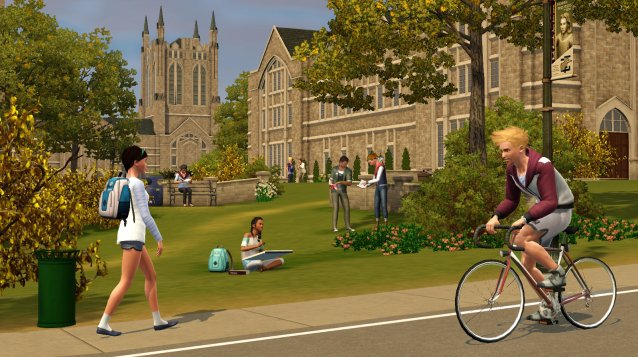
Somebody once told me that during your time at university you can only ever hold onto two of the following three things: academic success, a social life, and enough sleep. The Sims 3: University Life seems to have taken this theory to heart and made getting through university quite a challenge, whether intentionally or not.
Naturally, the level of challenge is related to how many credits your Sim is trying to squeeze into one term and how long that term is, which are variables you select when you enrol him or her via a phone or computer. But even those Sims taking their sweet time with their degrees have a balancing act ahead of them, as they attempt to make the most of what university offers while maintaining the mysterious academic progress bar.
In that way Maxis has of hiding the metrics and providing the player with information through images instead (think the new SimCity), this academic progress bar is fairly opaque. All you get is a test-tube-like object with a level of green stuff that rises or falls, with no markings to tell you what it means. Like with the more flexible careers that arrived in the Ambitions expansion pack, this measure of performance is accompanied by responsibilities, i.e. actions your Sim can take to raise the bar, but these aren't marked either. It's suggested that your Sim study, which is something they can do in their own time with a textbook or computer, but for how long? The menu doesn't even record whether your Sim has skipped class, though doing so can certainly drag the meter down.
That said, as in real life it seems the mere passing of time eats away at what academic progress your Sim has made. It won't do to study hard on the first day of the one/two-week-long term and then party for the rest. Realistic perhaps, but not what players are used to when in Sim school and careers just showing up is enough to excel. Without clarity on exactly what it takes for your Sim to succeed academically, it can seem like the only way to make sure they get their degree is to have them undertake these various responsibilities at all hours of the day that aren't already consumed by the micromanagement stuff like eating and peeing and sleeping.
While realistic, the struggle this dilemma presents can be detrimental to the player's enjoyment of the expansion. When you take your first Sim to the creatively named Sims University you'll want to explore the campus, have your Sim hang out at the comic book store and attend parties and build up a rep with one of the social groups, but unless you've got a walkthrough that tells you the bare minimum your Sim must do to get their degree you'll find you just don't have enough hours in the day for anything beyond excessive study.
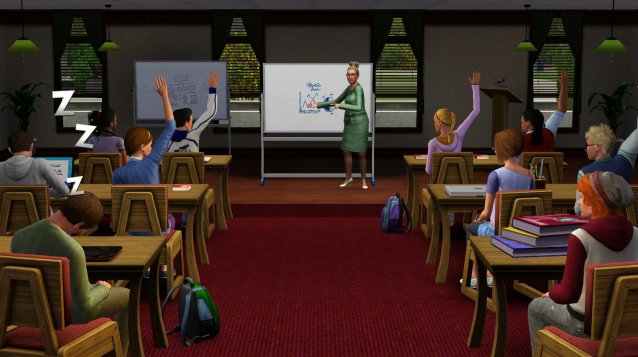
Challenge is no bad thing, of course, and perhaps it's encouraging to see a game teach the player that some things must be sacrificed in order to achieve others. Unfortunately, the academic side of things is the most dull, though Maxis has certainly improved on things from The Sims 2: University. For example, while classes are rabbit holes (i.e. the Sim goes where the player cannot follow), other scheduled activities are not.
But lectures and class activities barely qualify as interactive. In the first, you can see your Sim sitting at a desk but all you can do is direct them to cancel their instinct to sleep and tell them to do something more productive instead, though it is a nice touch to see the lecturer looking at and responding to your Sim when they raise a hand to ask a question. In the latter, your Sim interacts with their academic object (a sketchbook for Fine Arts, an anatomy skeleton for Science and Medicine, etc.) much like they could on their own time to boost their academic performance, except this time it's in a place with other Sims who are doing the exact same thing.
You might decide that your Sim doesn't need to get a good grade, and direct them instead to experience campus life and make friends. But The Sims 3: University Life has weighted the benefits strongly in favour of academics. For one thing, friends made at university act like friends made abroad (from The Sims 3: World Adventures): when your Sim is back in their home neighbourhood, those friends are now 'long distance' and maintaining the relationships is a hassle. And while building up rep with certain social groups can have its advantages – like how maximising your Sim's Nerd credibility unlocks the video game developer career track – they're outweighed by the benefits provided by a good degree. Get an A, and your Sim can start out in a related career at level 4 with a higher salary to match. Graduating with anything above a pass gets your Sim an extra trait slot, as long as a bug doesn't prevent them from attending their graduation.
Of course, with the effort it takes to get your Sim a degree in the first place it may not even be worth the time and money. Any Sims left at home don't age while the student is gone, so that time isn't lost, but like with The Sims 2: University you'll have to take a substantial break from the game going on in your home neighbourhood to get your Sim through their education. And even if they've built up the academic prowess, skills, and career experience needed to score highly on the aptitude test and get a scholarship, university is expensive. Combine this with the loading screen that shows up whenever your Sim travels to or from university at the beginning and end of each term, and players may elect to only send a few Sims to university before it starts to get dull.
As with the other The Sims 3 expansion packs, some of the best features aren't the ones suggested in the title. As well as the university campus and the opportunity for Sims to gain a degree (or several), University Life tries to wiggle its way into cultural relevance with the introduction of social groups and smartphones, both of which are available outside of the campus. The latter of these is entertainingly meta, as you watch your Sim browse the internet for funny videos, but it does provide some interesting additional functionality. Besides texting and studying, your Sims can also use their smartphone to build up the new social networking skill by blogging. If they build up enough followers to get a 4-star rating, they can even sell their blog. It's a fiddly feature but it'll appeal to those players who blog themselves, especially with the new “Gotta Blog” moodlet Sims will get when they have an interesting experience.

Sims can also use the smartphone to track their reputation with each of the three social groups: Nerds, Rebels, and Jocks. Maxis was wise not to make these mutually exclusive, but stereotyping is naturally abound. Play computer games and read comic books to build up your Nerd score, and one day you might be nerdy enough to quiz other Sims on their general knowledge. Want to be a 5-star rebel? You'll need to consume some herbs (actual herbs like cinnamon, though their effects are more dramatic than in real life and your Sim can get “herb sickness” from taking too many) or spray-paint some walls. Strangely enough, being a Jock is only a little about sports and much more about partying, both activities that are widely available at the university but won't contribute to academic success. Social groups apply outside of university too, but since a Sim's rep dwindles unless they maintain the relevant behaviour players may find their Sims grow out of such categorisations over time, another unwitting reflection of reality.
It was only a matter of time before The Sims 3 got smartphones to keep up with the real world, and these groups do add another dimension to the social interaction that is core to many players' experience of the game, but it's the university experience that will need to sell the game. Unfortunately, university in The Sims 3 is not much more exciting than that in The Sims 2, and – much as is becoming the case for a lot of people in the real world – just may not be worth the price of entry.
The Sims 3: University Life was developed by Maxis and published by EA. It was released on March 5 2013, at the MSRP of $39.99. A copy was purchased by the reviewer for the purposes of review.
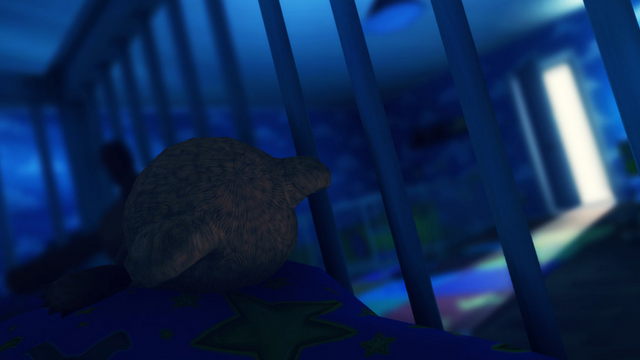

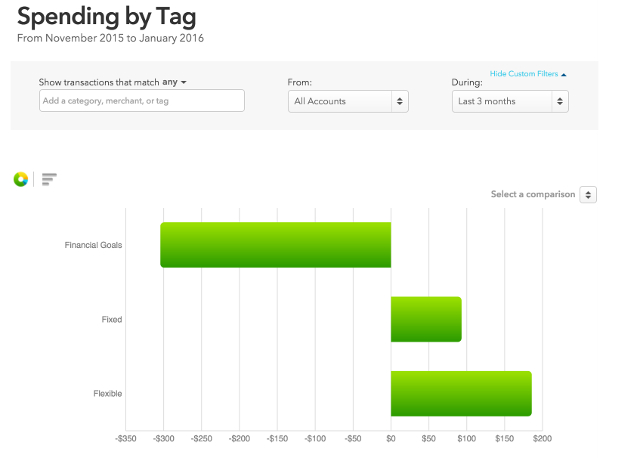
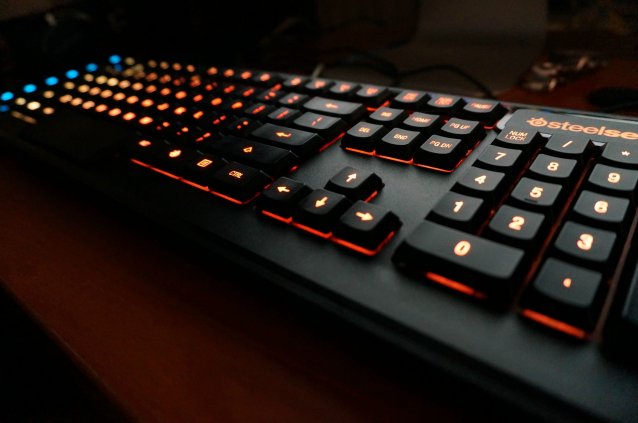
 Dark Souls 2: Crown of the Sunken King DLC Walkthrough
Dark Souls 2: Crown of the Sunken King DLC Walkthrough Fallout 4: Recruit X6-88 as a companion, location / quest
Fallout 4: Recruit X6-88 as a companion, location / quest 10 Gift Ideas for Those Who Work From Home
10 Gift Ideas for Those Who Work From Home Rocksmith 2014: The 60 Day Challenge Part 1 - Learning the Basics
Rocksmith 2014: The 60 Day Challenge Part 1 - Learning the Basics Mortal Kombat X Guide: How to Play Kano
Mortal Kombat X Guide: How to Play Kano